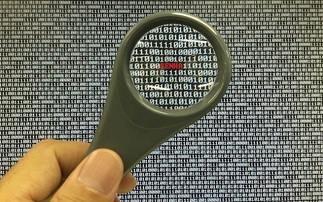Another 11 individuals in Estonia, France, Italy, Latvia, Norway and Romania also arrested in connection with the same crime
Four people have been arrested in the UK on suspicion of hijacking computers using a technique known as "ratting", which takes its name from Remote Access Trojans (RATs). Another 11 individuals ...
To continue reading this article...
Join Computing
- Unlimited access to real-time news, analysis and opinion from the technology industry
- Receive important and breaking news in our daily newsletter
- Be the first to hear about our events and awards programmes
- Join live member only interviews with IT leaders at the ‘IT Lounge’; your chance to ask your burning tech questions and have them answered
- Access to the Computing Delta hub providing market intelligence and research
- Receive our members-only newsletter with exclusive opinion pieces from senior IT Leaders






















